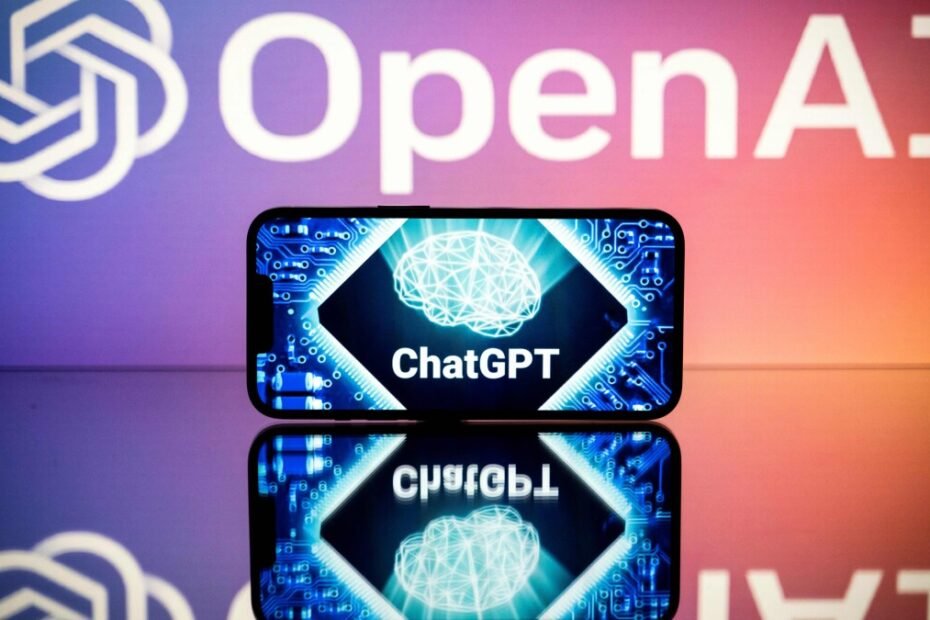San Francisco, September 2025 — Attorneys General to OpenAI is under growing pressure after two state attorneys general delivered a sharp warning about the safety of its AI systems. California Attorney General Rob Bonta and Delaware Attorney General Kathy Jennings sent an open letter to the company, saying clearly that “harm to children will not be tolerated.”
The move comes just a week after Bonta, joined by 44 other attorneys general, raised concerns about AI companies in general. That earlier letter flagged disturbing reports of chatbots giving sexually inappropriate responses to children. Now, with two tragic cases tied to Attorneys General to OpenAI technology, officials say action cannot wait.
Tragedies That Sparked the Warning
In their letter, Bonta and Jennings pointed to heartbreaking incidents that have shaken parents and regulators alike. A teenager in California died by suicide after long conversations with an OpenAI chatbot, while a separate case in Connecticut ended in a murder-suicide that also involved AI interactions.
For both attorneys general, the message is simple: existing safeguards aren’t enough.
“Whatever safeguards were in place did not work,” the letter read. It called on OpenAI to immediately strengthen protections for children and teens using its tools.
Spotlight on OpenAI’s Future
The timing of this warning is important. Attorneys General to OpenAI is currently exploring a restructuring plan that could transform it into a for-profit entity. Regulators want to ensure that in the pursuit of growth, the company doesn’t abandon its original nonprofit mission — to develop AI that benefits everyone, including children.
As the letter put it: “Before we get to benefiting, we need to ensure that adequate safety measures are in place to not harm.”
Calls for Immediate Change
Bonta and Jennings didn’t stop at raising concerns. They’ve asked OpenAI to explain its current safety practices, governance systems, and any gaps that need fixing. They also made it clear that they expect changes now, not later.
“As Attorneys General, public safety is one of our core missions,” they wrote. “We must work to accelerate and amplify safety as a governing force in the future of this powerful technology.”

What This Means Going Forward
This warning signals a turning point. Regulators are making it clear that AI companies will be held responsible for how their tools affect vulnerable groups, especially children. If companies like OpenAI don’t act quickly, they may face stricter rules, lawsuits, or new laws designed to enforce child protection.
Looking ahead, experts expect stronger parental controls, better monitoring systems, and more human oversight to be built into AI products. These measures could slow the race to release new models, but they may also be necessary to maintain public trust.
A Pattern of Scrutiny
This isn’t the first time OpenAI has been in the hot seat. In the past year:
- Parents sued OpenAI after ChatGPT allegedly failed to challenge a teen’s suicidal thoughts.
- Users complained that GPT-5 felt colder and less supportive, even though it was designed to avoid “agreeing too much.”
- European and U.S. regulators raised alarms about bias, misinformation, and child safety risks.
Each incident has added to the pressure on OpenAI — and now, with attorneys general stepping in, the stakes are higher than ever.
Bottom line: State officials have drawn a clear line. Attorneys General to OpenAI and other AI developers must make child safety a top priority. If they don’t, regulators are ready to step in. For families and policymakers alike, the coming months will be critical in shaping how artificial intelligence is built, governed, and trusted.
